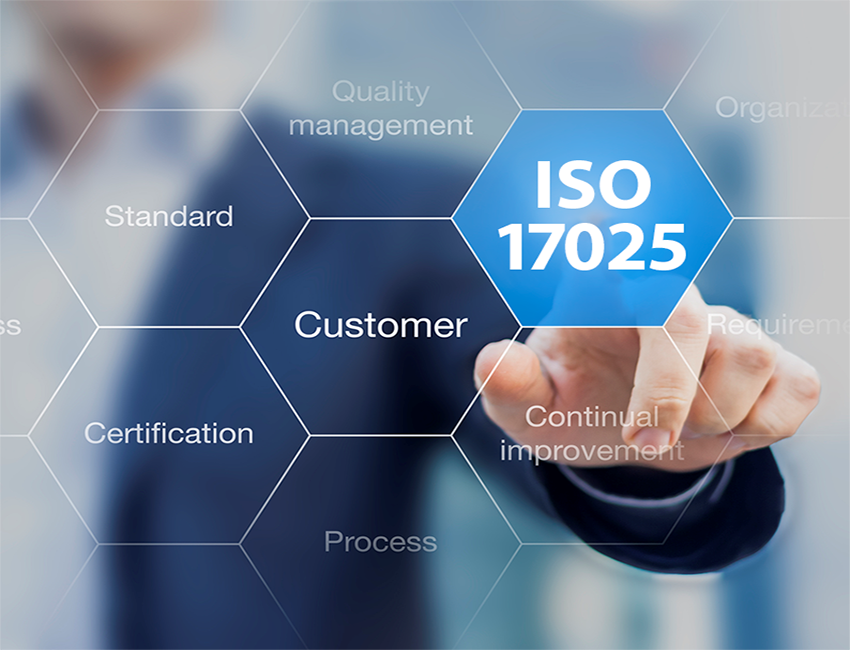Knowing the advantages of ISO 17025 certification becomes crucial as industries throughout the world aim for excellence and compliance. This article examines the main advantages of ISO 17025 certification for calibration and testing labs and explains why it is revolutionary for these organizations.
Advantages of Testing and Calibration Labs’ ISO 17025 Certification
- Improved Credibility and Image
The increase in credibility and reputation that labs enjoy is one of the biggest benefits of ISO 17025 certification. A laboratory shows its dedication to precision and quality in testing and calibration by earning this certification. Certified laboratories are seen as more reliable by stakeholders and clients, which boosts confidence in their output. This improved reputation can result in new contracts, alliances, and business prospects, particularly in regions with intense competition where quality is paramount. - Enhanced Efficiency in Operations
The ISO 17025 certification promotes the use of standardized procedures and effective operations in laboratories. Because the accreditation procedure entails thorough evaluations and audits, laboratories are prompted to pinpoint operational inefficiencies. Labs can cut waste, maximize resource use, and eventually boost production by optimizing operations and putting best practices into place. In addition to saving money and time, this operational effectiveness enables labs to react to customer requests faster. - Improved Result Accuracy and Reliability
The emphasis on generating precise and trustworthy test and calibration findings is the foundation of ISO 17025 certification. Strong quality management procedures must be put in place, equipment must be maintained correctly, and staff competency must be guaranteed. By following these strict guidelines, labs can drastically reduce mistakes and uncertainties in their results. As a result, clients can rely on higher-quality products, which builds enduring partnerships founded on satisfaction and trust. - Availability of International Markets
The international standard for laboratory competency is ISO 17025. Labs can participate in international trade and have access to worldwide markets by obtaining this accreditation. ISO 17025 certification is required by numerous regulatory agencies and customers in a variety of industries, including medicines, food safety, and environmental testing, as a requirement for conducting business. As a result, certified laboratories can compete globally and broaden their reach, creating new opportunities for expansion and income. - Adherence to Regulatory Mandates
Labs must maintain high standards of quality and accuracy since many sectors are subject to stringent regulatory regulations. The ISO 17025 certification facilitates laboratory compliance. A laboratory’s dedication to upholding industry standards is further demonstrated by ISO 17025 certification, which facilitates regulatory body audits and inspections. In addition to safeguarding the lab, this compliance gives clients peace of mind regarding the reliability of their findings. - Improved Risk Control
An essential component of laboratory operations is risk management. Finding possible threats to the caliber of test and calibration results and putting precautions in place to lessen them are necessary for ISO 17025 certification. By taking a proactive approach to risk management, labs can avoid problems before they start, guaranteeing reliable performance and lowering the possibility of expensive errors. Labs can improve their resilience and adjust to shifting market situations by using strong risk management procedures.
ISO 17025’s Continuous Improvement Culture
The ISO 17025 certification encourages laboratories to have a continual improvement culture. According to the guideline, businesses must periodically assess their procedures, track their performance, and pinpoint areas that could use improvement. This dedication to development not only guarantees that labs uphold strict standards but also encourages creativity and flexibility. Labs may keep their competitive edge and stay ahead of industry trends by fostering a culture of learning and development.



